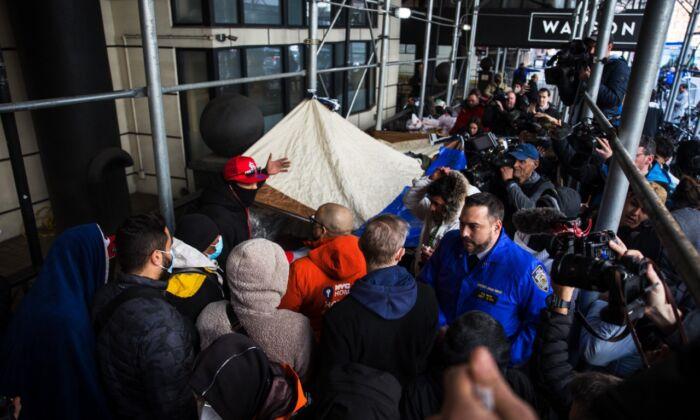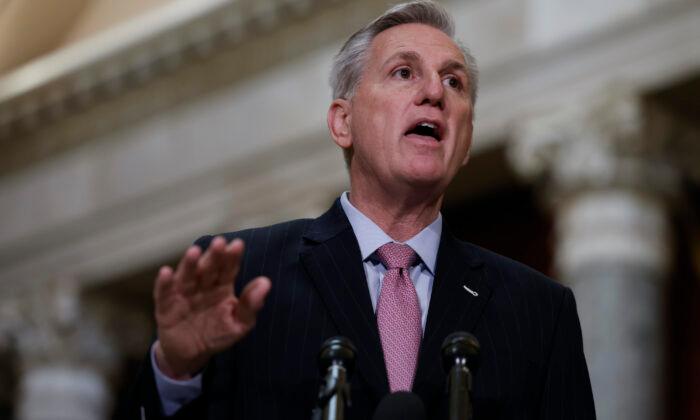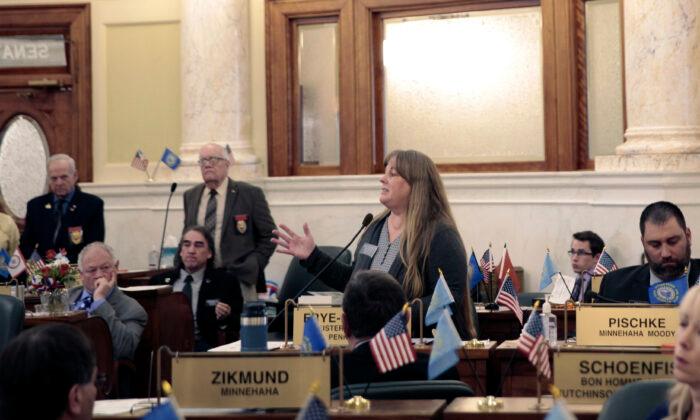U.S. national security adviser Jake Sullivan warned Brazil over Huawei’s “potential role” in its 5G network during his trip to the country last week, a White House official said on Aug. 9.
“We continue to have concerns about Huawei’s potential role in Brazil’s telecom infrastructure,” Juan Gonzalez, the National Security Council’s senior director for the Western Hemisphere, said on a conference call.
He added that the Chinese telecom giant, which is on the U.S. export blacklist, is facing hardships over its semiconductor supply chain, which would leave international customers “high and dry.”
Brazil yet “made no commitments” to bar the Chinese products from its 5G network, Gonzalez said, adding that Washington had urged the country to build native industries.
Former President Donald Trump blacklisted Huawei in 2019 for its military tie to the Chinese regime, which means the company can cooperate with Chinese security agencies under the Chinese Communist Party’s (CCP’s) directives. Trump rolled out several Clean Network strategies to bar companies from accessing key U.S. hardware and software on national security grounds.
The recent warning continued previous moves launched by the Trump administration to persuade allies to secure national critical data and networks from the Chinese regime.
However, local telecom companies in Brazil have been deeply embedded in Chinese components.
Huawei announced in February 2020 that it had 91 commercial 5G contracts outside of China.
Meanwhile, Gonzalez denied reports that the United States had taken the partnership between Brazil and NATO as a condition for the former’s cooperation on the issue of Huawei’s 5G equipment, saying the two are not related.
“We do support Brazil’s aspirations as a NATO global partner as a way to deepen security cooperation over time between Brazil and the NATO countries,” Gonzalez said.




